Optimal Timing for Vinyl Siding Installation
Vinyl siding installation timing can impact the quality and durability of the project. Understanding seasonal considerations helps ensure optimal results and minimizes potential issues such as warping or improper adhesion.
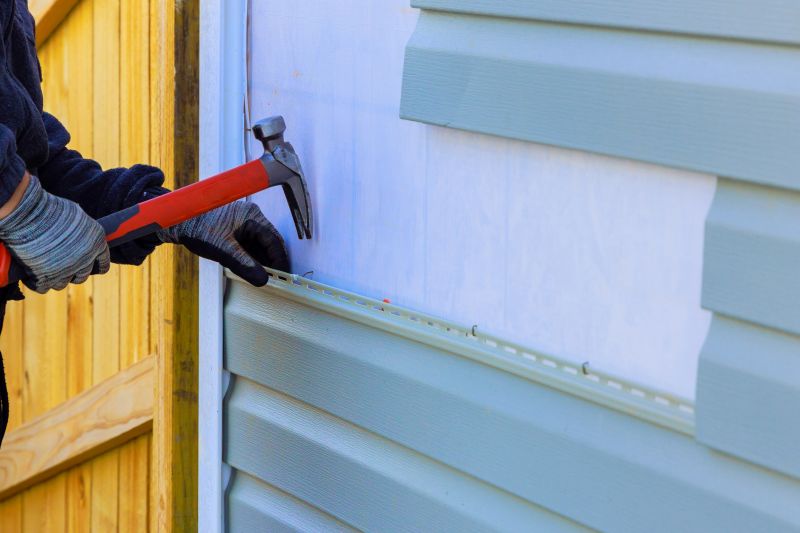
Spring offers moderate temperatures and longer daylight hours, ideal for vinyl siding installation.
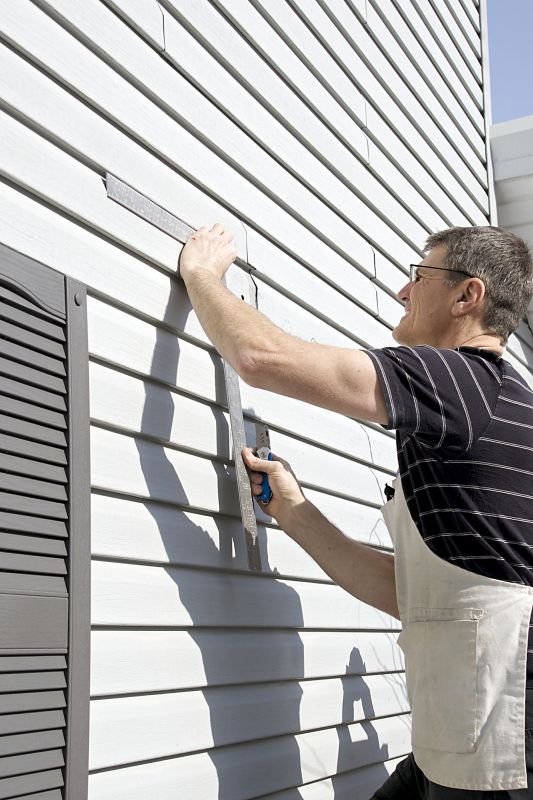
Summer provides warm weather, but high temperatures can sometimes affect siding materials during installation.
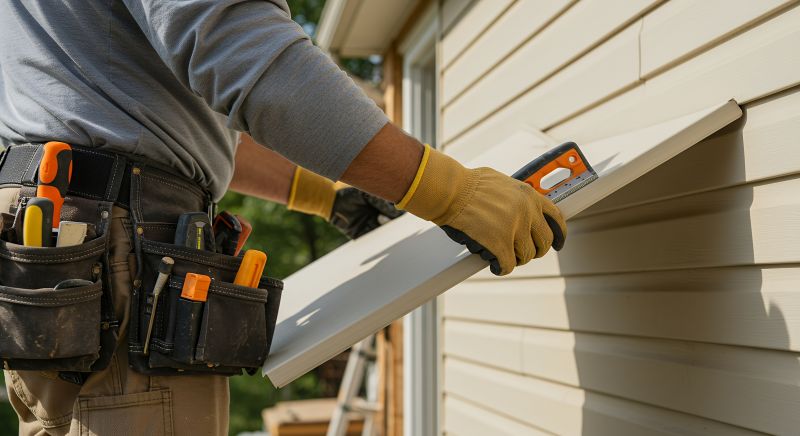
Fall's cooler temperatures and dry conditions make it a favorable season for siding projects.
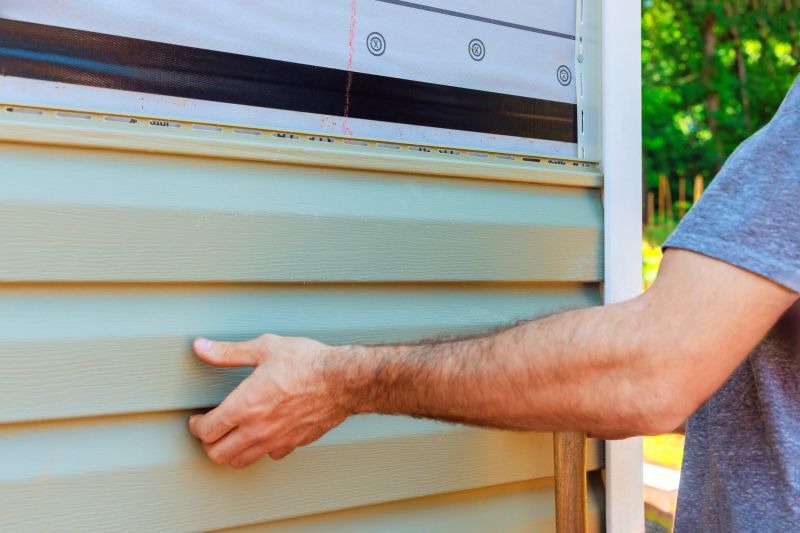
Ways to make Vinyl Siding Installations work in tight or awkward layouts.
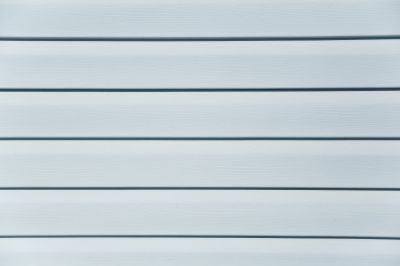
Popular materials for Vinyl Siding Installations and why they hold up over time.
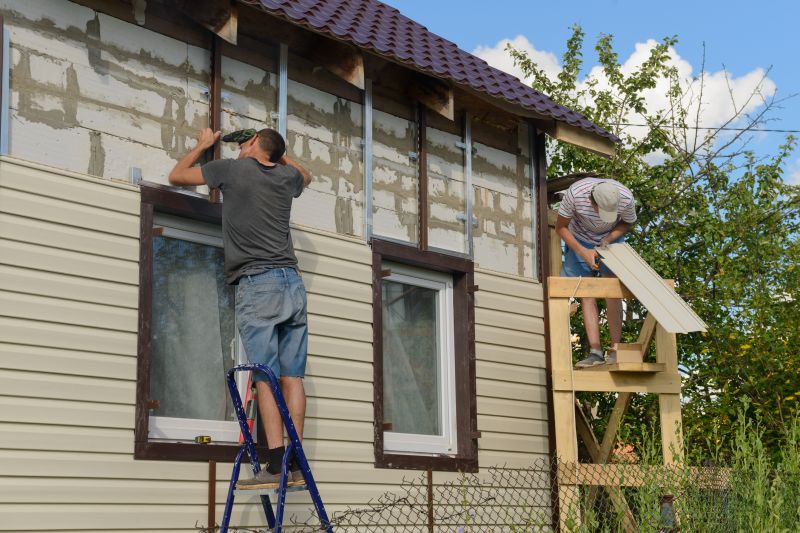
Simple add-ons that improve Vinyl Siding Installations without blowing the budget.
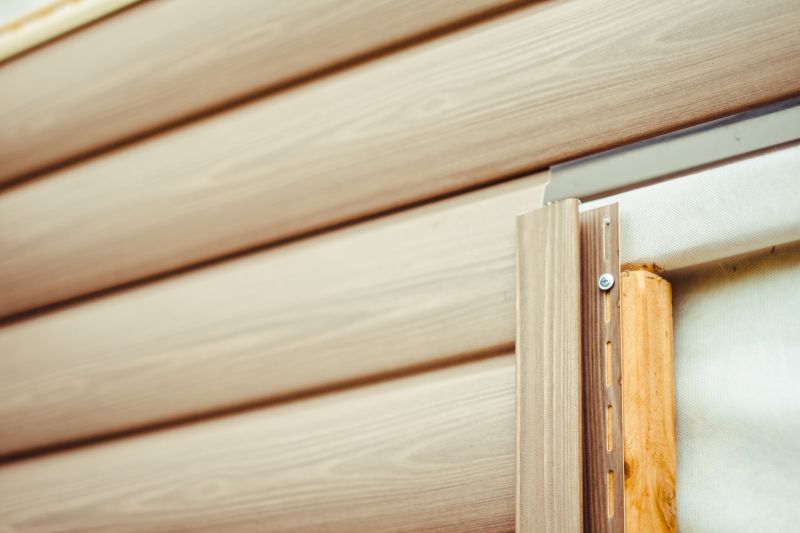
High-end options that actually feel worth it for Vinyl Siding Installations.
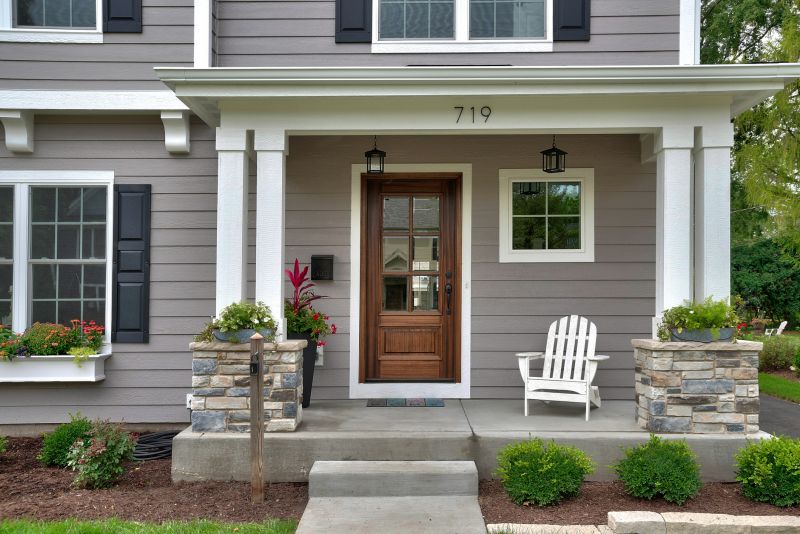
Finishes and colors that play nicely with Vinyl Siding Installations.
Choosing the right time for vinyl siding installation depends on climate and weather patterns. Mild temperatures and low humidity are conducive to proper adhesion and installation quality. Extreme cold can cause siding to become brittle, while excessive heat may lead to warping or improper fastening.
Ideal installation conditions include temperatures between 40°F and 85°F with low humidity.
Spring and fall generally provide optimal weather for siding installation, reducing delays and material issues.
Proper timing ensures siding remains secure and maintains its appearance over time.
Scheduling during favorable seasons can lead to quicker completion and fewer weather-related disruptions.
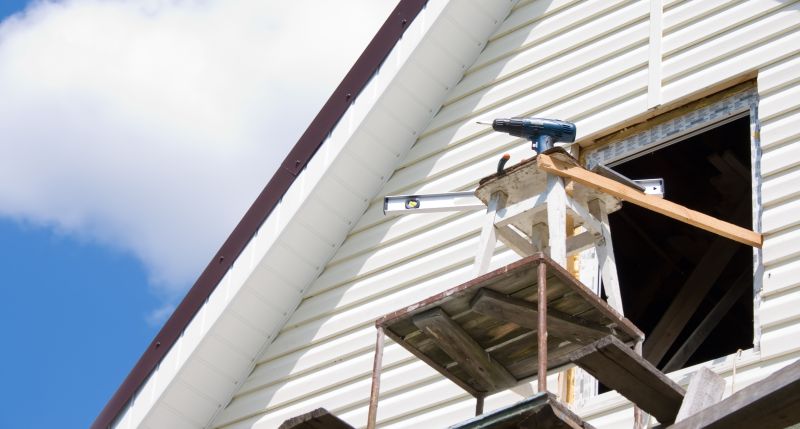
Ideal for moderate temperatures and longer days.
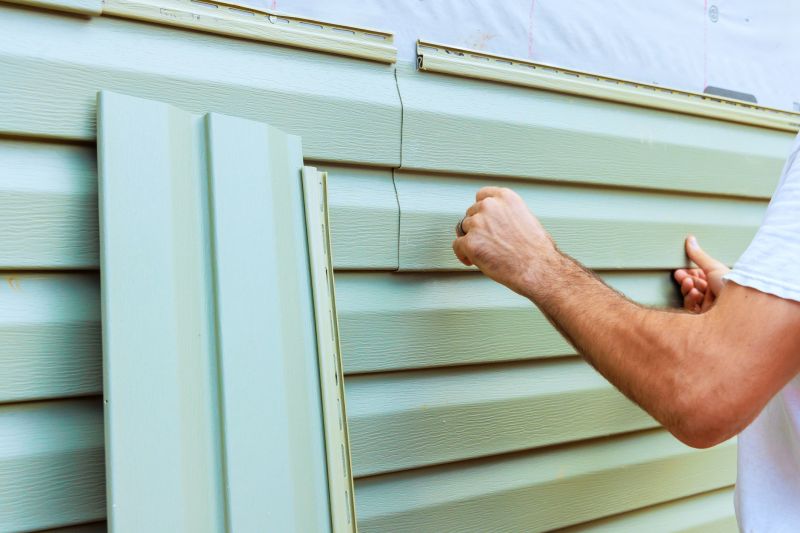
Requires caution due to high temperatures.
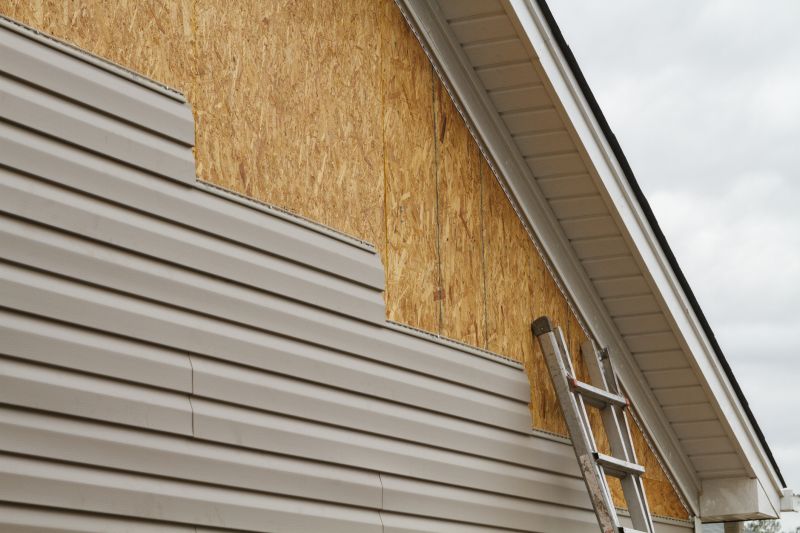
Optimal due to cool, dry conditions.
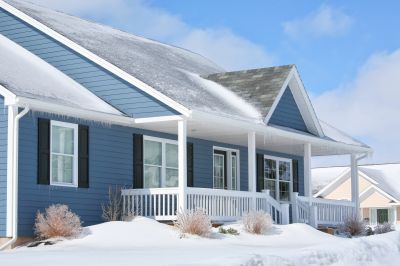
Generally discouraged due to cold temperatures and potential for moisture issues.
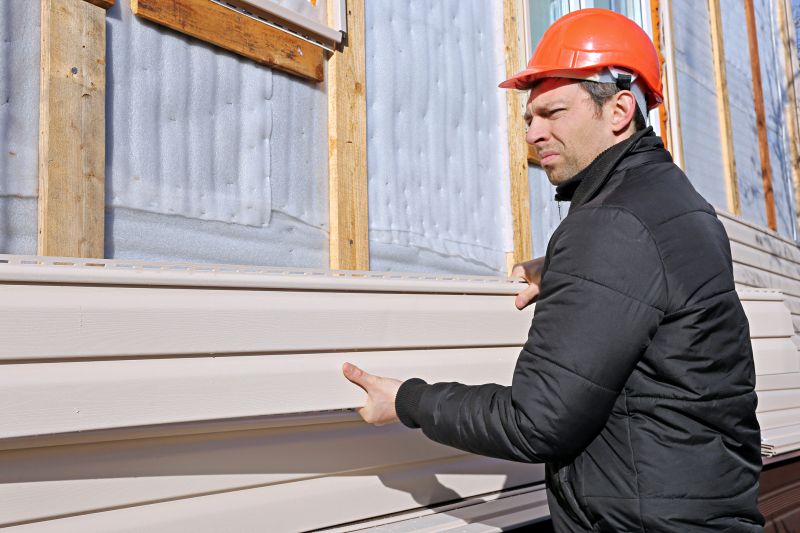
Small tweaks to make Vinyl Siding Installations safer and easier to use.
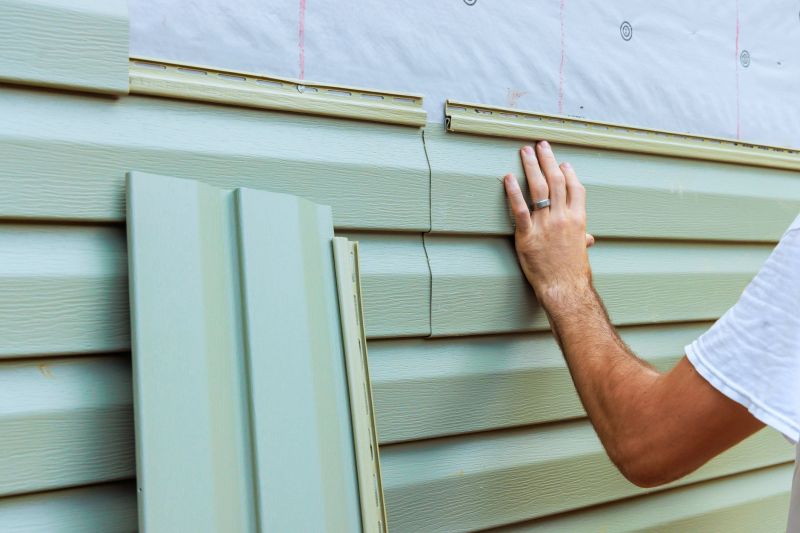
Lower-waste or water-saving choices for Vinyl Siding Installations.
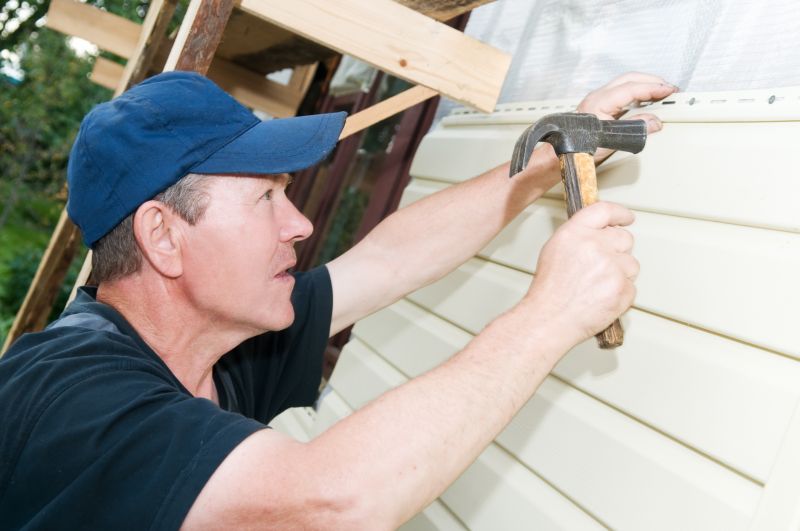
The short, realistic tool list for quality Vinyl Siding Installations.
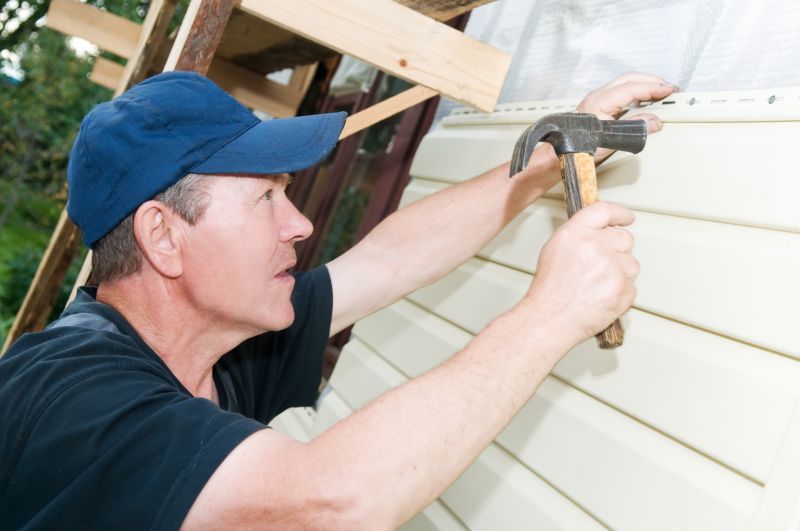
Rough timing from prep to clean-up for Vinyl Siding Installations.
| Season | Advantages |
|---|---|
| Spring | Moderate temperatures, longer daylight, ideal for installation. |
| Summer | Warm weather, but high heat can pose challenges. |
| Fall | Cool, dry conditions conducive to quality work. |
| Winter | Generally not recommended due to cold and moisture risks. |
Proper timing for vinyl siding installation ensures better adhesion, reduces the risk of warping, and extends the lifespan of the siding. Weather conditions play a critical role in achieving a professional finish and avoiding costly repairs or rework.
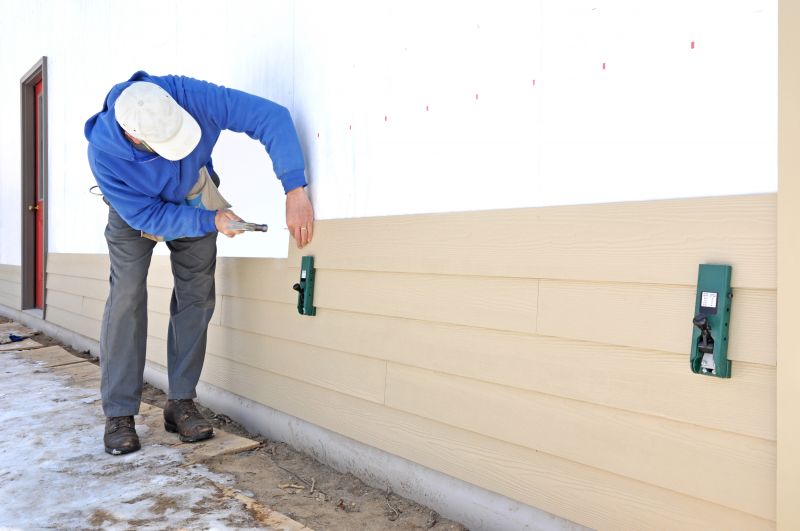
Ensures long-lasting, visually appealing siding.
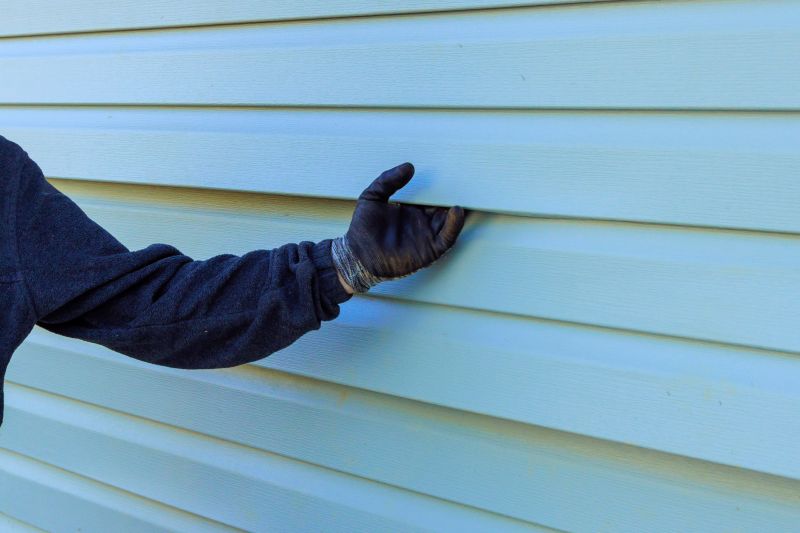
Weather fluctuations can affect installation quality and siding performance.
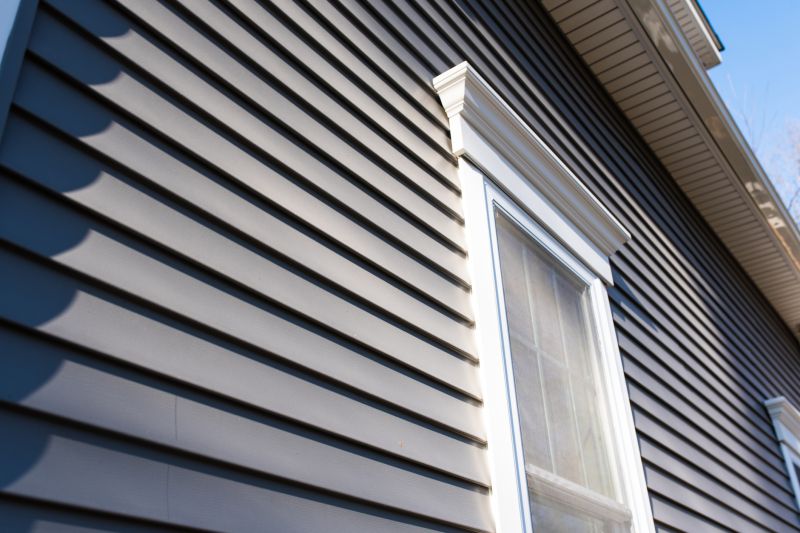
Scheduling during optimal seasons minimizes delays and issues.
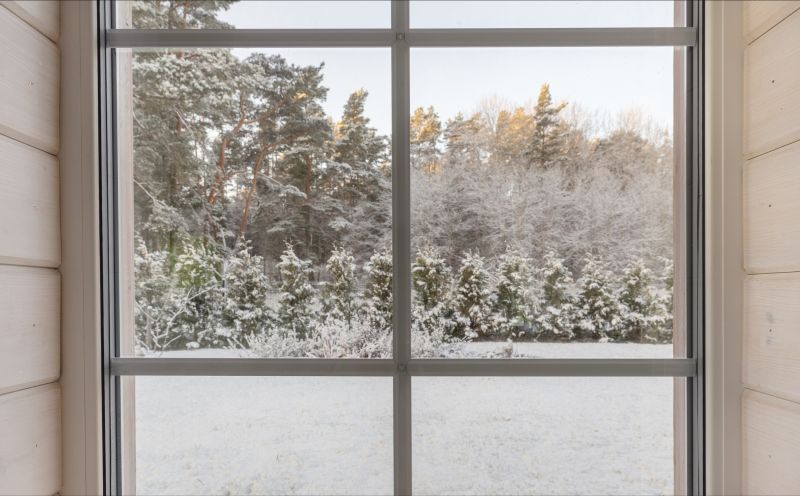
Understanding local climate helps determine the best installation window.
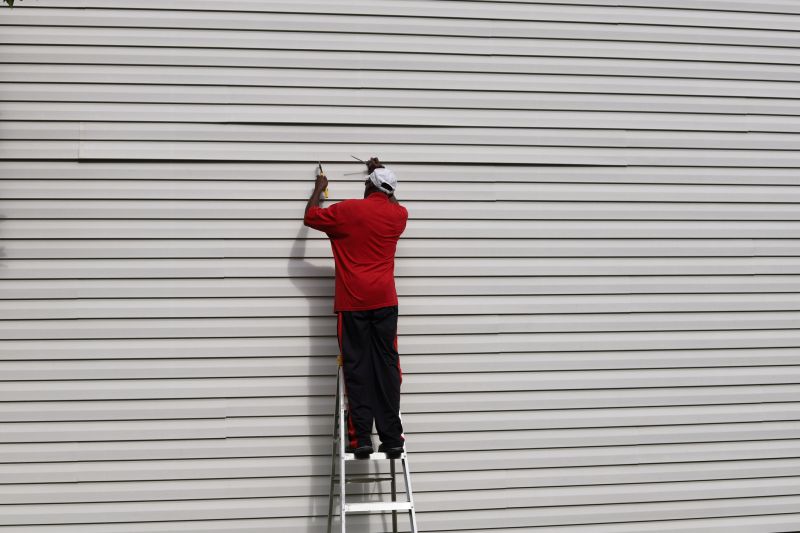
Quick checks and paperwork to keep after Vinyl Siding Installations.
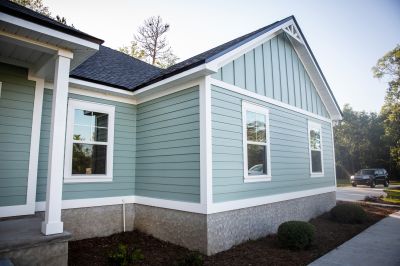
Examples that show the impact a good Vinyl Siding Installations can make.
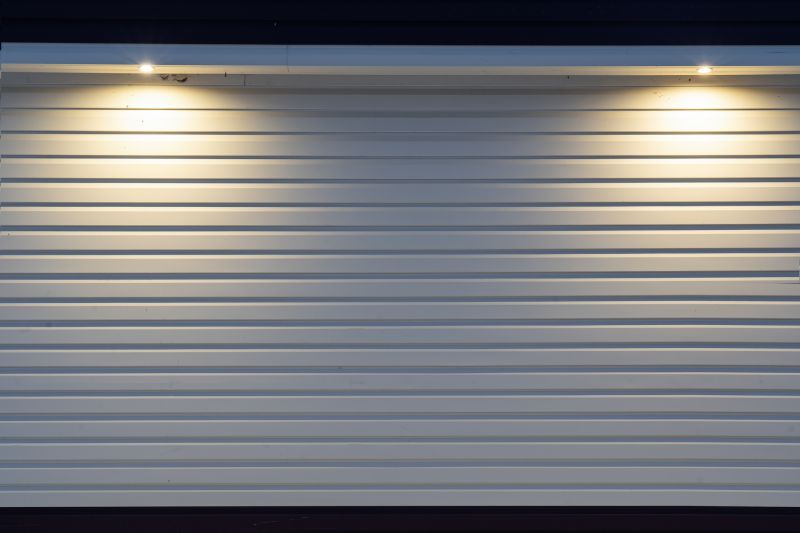
Ways to make Vinyl Siding Installations work in tight or awkward layouts.
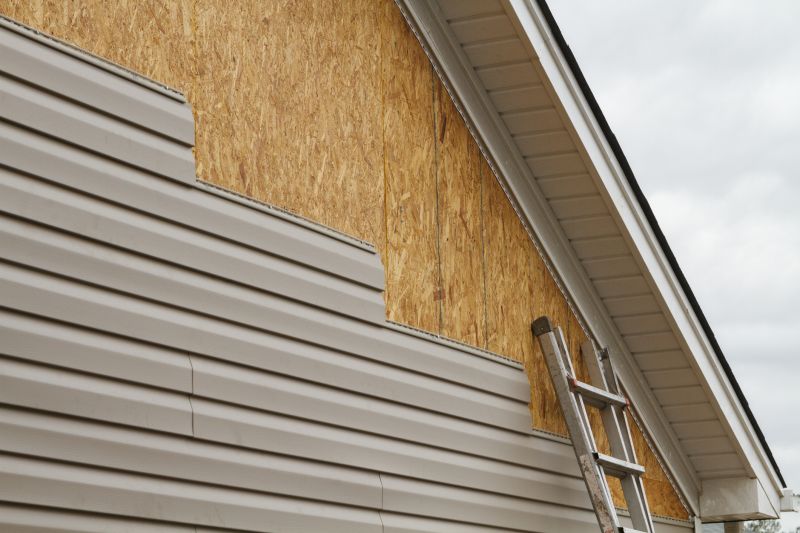
Ways to make Vinyl Siding Installations work in tight or awkward layouts.
For those considering vinyl siding installation, selecting the appropriate season based on local weather patterns can enhance the durability and appearance of the siding. Proper planning and timing are essential to achieving the best results and ensuring the longevity of the investment.
Contact today to discuss scheduling your vinyl siding installation during the optimal season.
